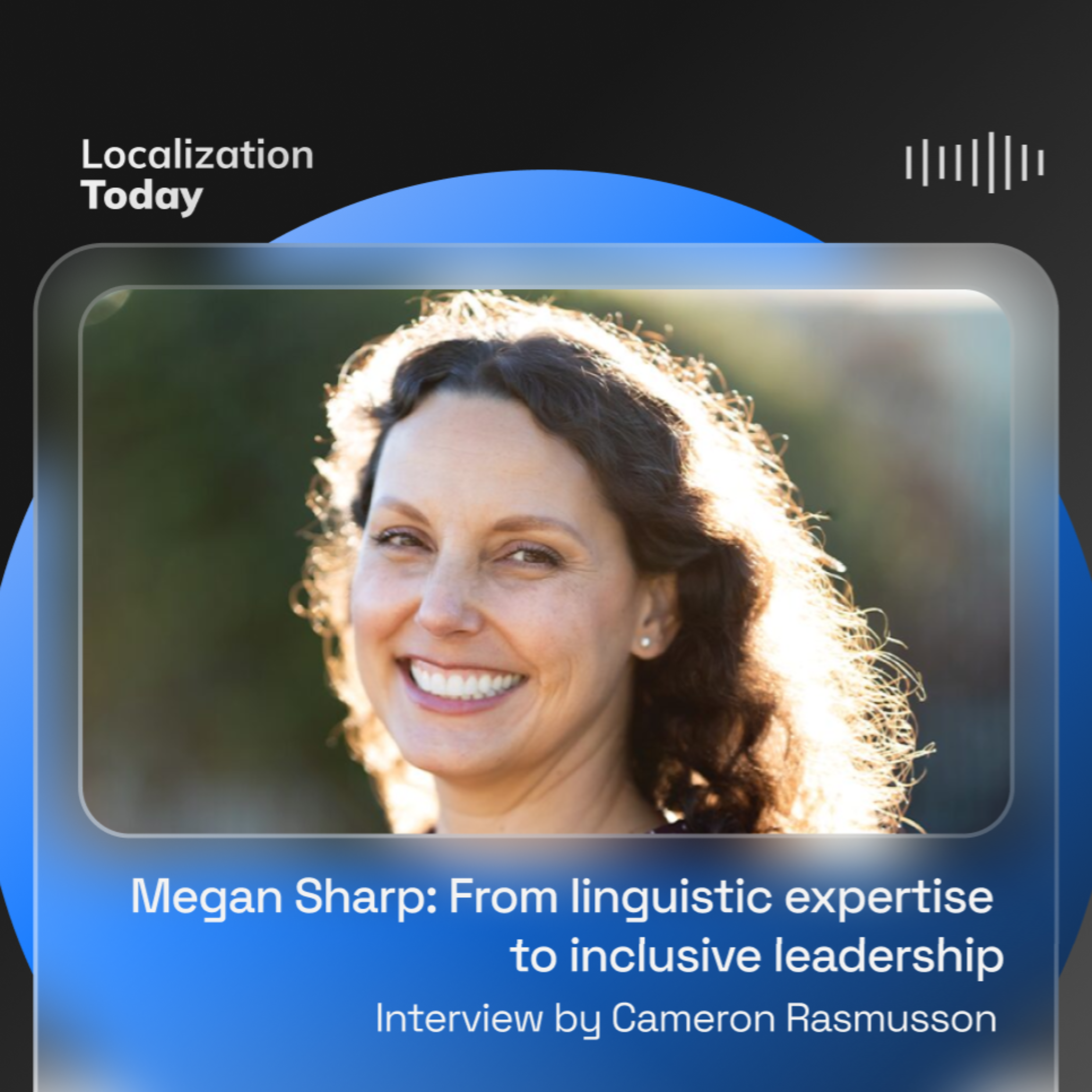Episode Transcript
[00:00:00] The Golden Voice of Humanity by Yoandro McAllen On August 20, 1977, a rocket roared into the Florida sky carrying Voyager 2 on its journey to the stars. Just weeks later, on September 5th, Voyager 1 followed, launching on a faster trajectory that would allow it to reach Jupiter and Saturn first despite its later departure. Aboard each of these probes was a modern day message in a bottle in the form of a gold plated disc, destined to drift through the cosmic ocean for billions of years, carrying the voices, music and essence of Earth to any who might one day find it. These Golden Records, as they came to be known, represented an unprecedented challenge in cross cultural communication, one in which the target audience isn't just unknown but potentially unknowable. For language professionals, the Voyager golden records exemplify the ultimate edge case in translation and localization.
[00:01:05] How do you convey meaning when you can't assume anything about your audience? Not their language, their cognitive processes, or even their sensory capabilities?
[00:01:15] Anybody out there?
[00:01:18] Led by Carl Sagan, the mission team approached this challenge through multiple layers of communication. At the message's core was a collection of greetings in 55 human languages, from ancient Akkadian to modern Mandarin.
[00:01:34] These weren't just translations of hello. They were carefully crafted messages that needed to convey both meaning and intention across an infinite cultural dividend. The selection process for these greetings was fascinating. Each message needed to be simple enough to potentially transcend species barriers, yet meaningful enough to represent humanity.
[00:01:57] The Portuguese greeting pause, felicitated to dos Peace and Happiness to all, exemplifies this approach of universal concepts expressed with elegant simplicity. Sagan faced considerable resistance from some NASA scientists and engineers who saw the records as little more than symbolic excess, an impractical addition with no bearing on the probe's core mission of planetary exploration.
[00:02:24] Critics argued that the likelihood of an extraterrestrial civilization ever finding and deciphering it was astronomically low, making the effort seem like an indulgence rather than a necessity, not unlike the pushback language advocates have come to expect. When translation and localization are often dismissed as unnecessary cost items by budget conscious administrators, context is king.
[00:02:51] Yet localization is rarely just about immediate utility. It shapes perception, fosters connection, and carries profound cultural significance.
[00:03:03] To pacify the naysayers, the team reframed the Golden Records from a luxury to an essential extension of humanity's curiosity and relentless, relentless desire to be understood. A fine but powerful adjustment. In context, the Golden Records team also confronted an ethical challenge familiar to the responsibility of representation.
[00:03:26] The team chose to present an optimistic view of humanity, focusing on achievements and aspirations rather than conflicts and struggles.
[00:03:36] This curatorial decision mirrors the choices localizers make daily about tone, context, and cultural sensitivity beyond conventional language.
[00:03:48] The team recognized that relying solely on human language would be insufficient. They created what amounts to a multimodal translation strategy, combining spoken words with music, natural sounds, and images.
[00:04:03] This approach mirrors modern localization practices wherein meaning is conveyed through multiple channels to ensure maximum comprehension. The records include what might be called universal audio content, sounds that exist independent of human language, a mother's kiss, wind in trees, thunder, bird songs, and whale calls.
[00:04:27] These selections reflect a rather sophisticated understanding of translation theory. Sometimes the most effective communication transcends traditional language altogether. Perhaps the most intriguing aspect of the Golden Records initiative is the use of mathematics and physics as a universal metalanguage.
[00:04:48] The instructions for playing the records are encoded in scientific symbolism based on the assumption that any space faring civilization would understand basic physical constants.
[00:05:00] It's akin to using XML tags in modern translation memory systems, a structural framework that exists outside any specific human language. The Voyagers have long left the solar system on their journey through interstellar space, carrying this ambitious translation project into the unknown.
[00:05:21] For language professionals, the Golden Records serve as both inspiration and challenge, a reminder that effective communication often requires us to think beyond conventional language boundaries. Sadly, the Voyager Golden Records also remind us that translation continues to be seen as an afterthought and a cost item rather than the universal enabler it is.
[00:05:45] This article was written by Yuandro McCallan, a conference interpreter, former chief interpreter in the United nations, system interpreter, trainer, and language technology advocate. He is a TEDX speaker and the author of three books, including the Language Game, originally published in Multilingual Magazine, Issue 236, January 2025.


